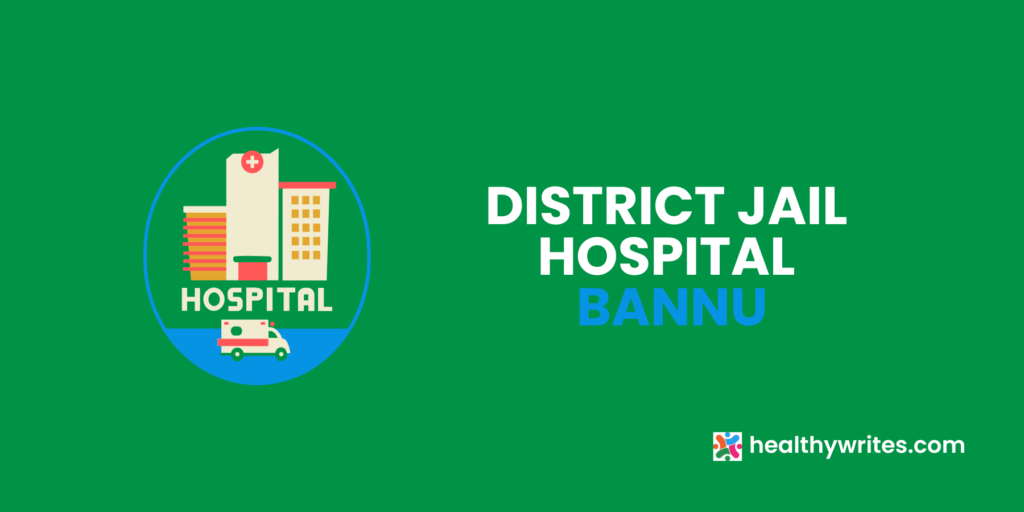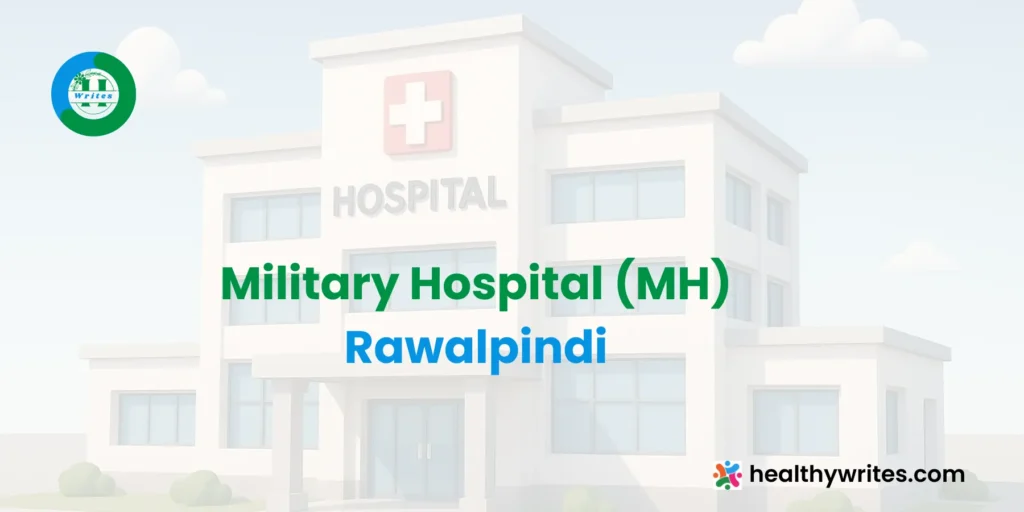Detailed Overview
District Jail Hospital, Bannu is a dedicated healthcare facility situated within the premises of the District Jail. Its primary purpose is to provide essential medical services to inmates, ensuring that they receive proper healthcare during their incarceration. The hospital stands as a vital part of the correctional system, reflecting the commitment to prisoner welfare and public health standards.
Purpose and Mission
The hospital was established to meet the basic healthcare needs of prisoners and to handle common illnesses, injuries, and emergencies within the jail environment. Its mission focuses on early disease detection, timely treatment, and promoting hygiene to reduce health risks among the prison population.
Location and Accessibility
Located within District Jail, Bannu, the hospital is designed for immediate accessibility to inmates. Its presence reduces the need to transport prisoners outside the facility for routine check-ups, thus enhancing security and ensuring continuous medical supervision on-site.
Medical Services Offered
District Jail Hospital, Bannu provides a range of basic and essential medical services, including:
- General Medical Care: Diagnosis and treatment of common illnesses such as fever, infections, and minor ailments
- Emergency Care: First aid and stabilization of injuries or medical emergencies until further transfer if necessary
- Chronic Disease Management: Monitoring and treatment for prisoners with long-term conditions like diabetes and hypertension
- Mental Health Support: Basic assessment and referral for inmates experiencing psychological distress
- Vaccination and Preventive Care: Immunizations and awareness programs to control infectious diseases within the prison
- Dental Services: Basic dental check-ups and tooth extractions as required
Medical Staff and Support
The hospital is usually staffed by a medical officer, nursing staff, and supporting paramedical personnel. Their role includes regular health checks, administering medications, maintaining medical records, and providing health education to inmates.
Facilities and Infrastructure
Though modest in size compared to public hospitals, District Jail Hospital, Bannu typically includes:
- Examination and consultation rooms for patient check-ups
- Small inpatient area or sick ward for inmates requiring short-term monitoring
- Pharmacy with essential medicines for daily treatment
- Basic equipment for wound care, minor procedures, and first aid
Role in Public Health
The hospital plays a significant role in preventing the spread of communicable diseases by ensuring inmates are vaccinated, screened, and treated promptly. It also helps reduce the burden on nearby public hospitals by managing common health issues within the jail.
FAQs about District Jail Hospital, Bannu
Who can get treatment at District Jail Hospital?
The hospital is primarily meant for inmates held within District Jail, Bannu. It is not open to the general public.
Are there emergency facilities available?
Yes, the hospital provides basic emergency care and stabilization before arranging transfer to a larger hospital if specialized treatment is needed.
Does the hospital provide mental health support?
Yes, basic mental health assessments and referrals are part of the hospital’s routine to address psychological issues among prisoners.
Are vaccinations administered at the hospital?
Yes, the hospital carries out vaccination and preventive care to control outbreaks of infectious diseases within the jail environment.
Does the hospital have inpatient wards?
Yes, there is usually a small sick ward for inmates who need observation or short-term care inside the jail premises.
Conclusion
District Jail Hospital, Bannu plays a vital role in safeguarding the health of inmates, offering timely medical care, preventive measures, and health education. Its presence within the correctional system ensures that prisoners’ right to basic healthcare is respected while contributing to overall prison management and community health.





